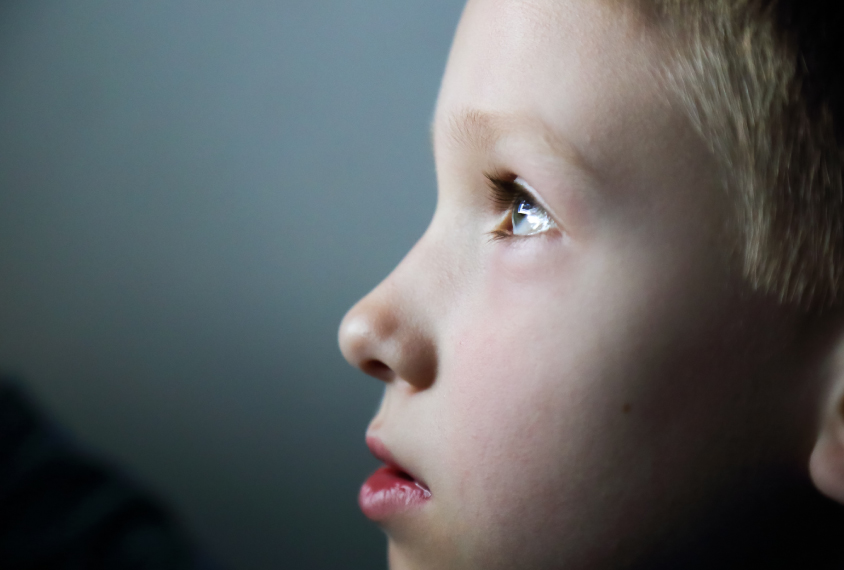The Conversation
From this contributor
Error found in autism screening guidelines
The U.K. clinical guidelines used to screen for autism contain an error, which may have resulted in many delayed or missed diagnoses over the past decade.

Error found in autism screening guidelines
Autism and eating disorders may have an emotional connection
Eating disorders have the highest mortality rates of any kinds of mental illness. They don’t discriminate, affecting people of all ethnicities, sexualities, gender identities, ages and backgrounds.

Autism and eating disorders may have an emotional connection
Training caregivers can help keep autistic children safe
Behavioral skills training helps ensure that people with autism not only understand a new safety skill but are able to perform it accurately.

Training caregivers can help keep autistic children safe
Cesarean sections tenuously tied to autism
A new study that combines data from more than 20 million births has found that a cesarean section delivery is associated with autism and attention deficit hyperactivity disorder.

Cesarean sections tenuously tied to autism
Early-detection technique analyzes how children with autism scan faces
Researchers at the University of Waterloo in Ontario, Canada, have developed a new autism detection technique that distinguishes among different eye-gaze patterns to help doctors more quickly and accurately detect autism in children.

Early-detection technique analyzes how children with autism scan faces
Explore more from The Transmitter
Neuro’s ark: Spying on the secret sensory world of ticks
Carola Städele, a self-proclaimed “tick magnet,” studies the arachnids’ sensory neurobiology—in other words, how these tiny parasites zero in on their next meal.

Neuro’s ark: Spying on the secret sensory world of ticks
Carola Städele, a self-proclaimed “tick magnet,” studies the arachnids’ sensory neurobiology—in other words, how these tiny parasites zero in on their next meal.
Autism in old age, and more
Here is a roundup of autism-related news and research spotted around the web for the week of 2 March.

Autism in old age, and more
Here is a roundup of autism-related news and research spotted around the web for the week of 2 March.
Lack of reviewers threatens robustness of neuroscience literature
Simple math suggests that small groups of scientists can significantly bias peer review.

Lack of reviewers threatens robustness of neuroscience literature
Simple math suggests that small groups of scientists can significantly bias peer review.